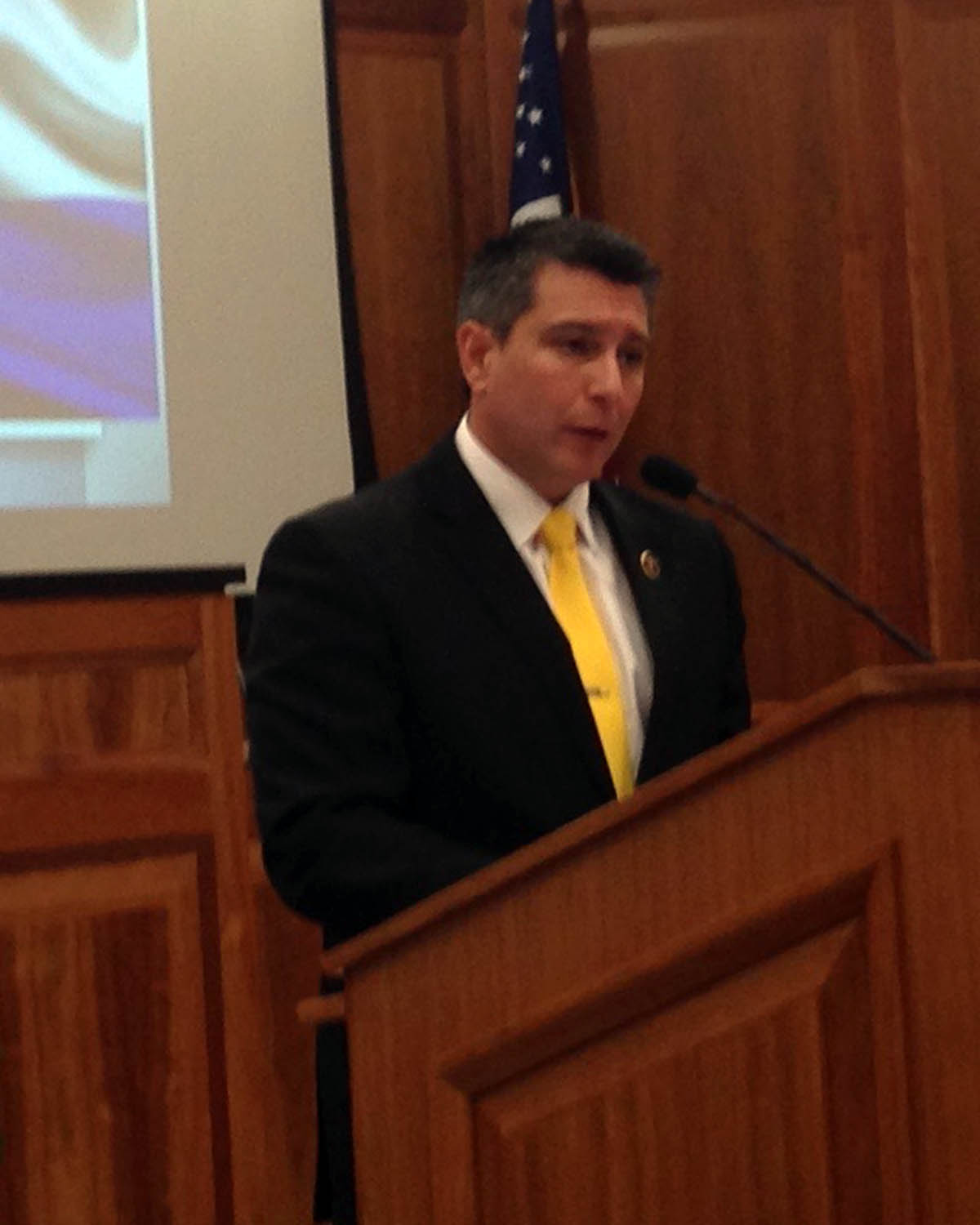Symposium 2015: Latin America – Government Perspectives (Tuesday 10:00 am session)

Reported by Annalee Hickman Moser
In the Latin America – Government Perspectives Breakout Session moderated by Michael Wood, International Fellow for the International Center for Law and Religion Studies at the J. Reuben Clark Law School at Brigham Young University, Darío Filártiga, from Paraguay, and Guillermo Mendoza, from Paraguay, each presented on their country and how Paraguay is continuing to support religious freedom.
Darío Filártiga, Minister and Political Advisor to the President for the government of Paraguay, gave the history of the relationship between church and state in Paraguay and described briefly its current state today. In 1844, for the first time, its constitution recognized the Catholic Church as the religion of the state, but by the 1992 constitution, it was clear that there would be no official church and that freedom of religion is absolute, while also respecting the history of 200 years. In this version of the constitution, there was also an article introduced that recognizes the influence of the Catholic Church in education, schools, land, etc. and allows the Catholic Church to continue to help. His concluding remarks were that Paraguay has a constitution where it has a tolerance of religions, and there are no religious conflicts. He also commented that in July of this year, Pope Francis visited Paraguay and not only met with all the religions, but prayed from the alter for one of them, the Orthodox Church, to demonstrate tolerance.
Guillermo Mendoza, Legal Advisor for the Ministry of Defense in Paraguay, spoke in depth about the current status of religious freedom in Paraguay. He recognized that while some Paraguayans wonder if Paraguay has religious freedom, he deliberately responded to their concerns in the affirmative. He explained Article 24 of Paraguay’s constitution and showed the clarity with which it establishes that there is freedom to practice religion. In his discussion of the status of religious freedom today, he said that the latest consensus of the country says that 86% of the people consider themselves Catholic. But even for the remaining 14%, there is hardly any discrimination based on religion. There are laws that allow for religious accommodations and exemptions, one example being military service. He believes that religion builds bridges and produces good citizens for the country. To conclude, he warned that when a country has a religious majority, like Paraguay does, people should be cautious of religious minorities, and religious freedom must be understood as the deepest dignity of humans and their beliefs and this must work in harmony with any type of society. We must work towards friendly existence, thereby fostering a feeling of peace.